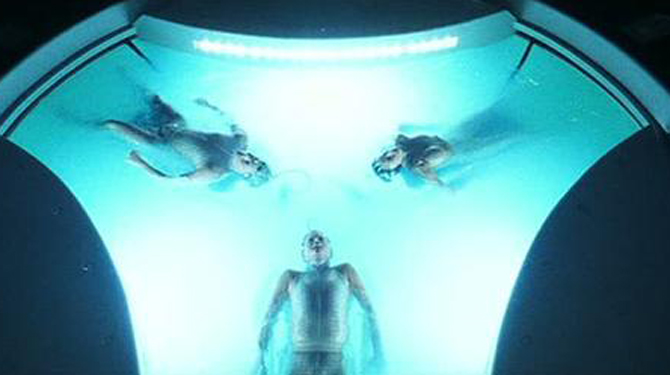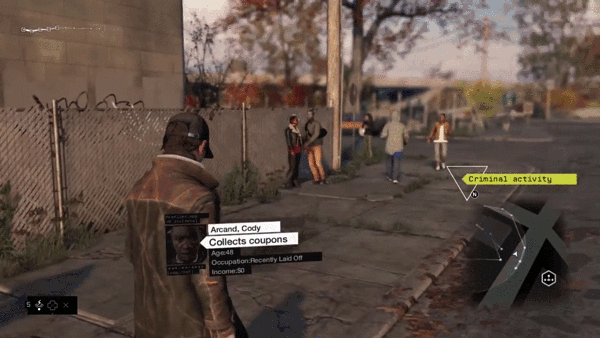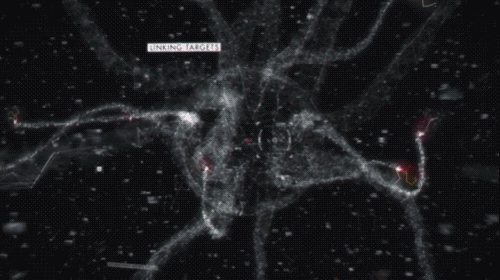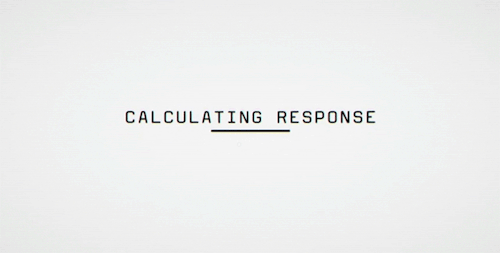crimsonheadGCN
Banned
KANSAS CITY, Mo. At the request of his probation officer, Tyrone C. Brown came to a community auditorium here in June and sat alongside about 30 other mostly young black men with criminal records men who were being watched closely by the police, just as he was.
He expected to hear an admonition from law enforcement officials to help end violence in the community. But Mr. Brown, 29, got more than he had bargained for. A police captain presented a slide show featuring mug shots of people they were cracking down on. Up popped a picture of Mr. Brown linking him to a criminal group that had been implicated in a homicide.
I was disturbed, said Mr. Brown, who acknowledges having been involved in crime but denied that he had ever been involved in a killing.
That discomfort was just the reaction the authorities were after.
Mr. Brown, whose criminal record includes drug and assault charges, is at the center of an experiment taking place in dozens of police departments across the country, one in which the authorities have turned to complex computer algorithms to try to pinpoint the people most likely to be involved in future violent crimes as either predator or prey. The goal is to do all they can to prevent the crime from happening.
There's more here: http://www.nytimes.com/2015/09/25/u...st-likely-to-commit-crimes.html?smid=tw-share
And Shuan King (#BlackLivesMatter activist) wrote about it back in July and brought up a good question:
I only have one question, and of course it's rhetorical, and we all know the answer: does this system account for widespread racism in policing? If the data that HunchLab is given by the NYPD and the Miami police department to predict future crimes is skewed by wrongful arrests and illegal detentions, which, accounting for the reality that racism in policing has never been properly detailed on any massive scale, then we can reasonably ensure that the predictive policing technology will simply predict more racist police interventions. This is wrong and unethical on a hundred different levels.
How will it account for the reality that this NYPD detective testified under oath that he and others fabricated charges against innocent people to meet quotas? Will it account for the racist reality than in some places far more white people that are pulled over by police are found with drugs and contraband, but a higher percentage of African Americans end up arrested by those same police? If the data the system uses is based on arrests, which it likely does, and not the presence of drugs that should in fact warrant an arrest, we can already determine that this system will do nothing but advance more racist policing.
Will it count arrests like that of Kalief Browder, in which he spent three years in prison and was then released without ever being charged with a crime? Will it account for incidents like what we saw in Tulsa, Oklahoma, where a 53-year-old white security guard with illegal marijuana in his bag shot an unarmed young man in his own neighborhood, but wasn't arrested for the shooting or the marijuana?
http://www.dailykos.com/story/2015/...-The-Avengers-comes-to-New-York-City-for-real
I would hope that this is something that would be addressed, but I doubt it will be.






